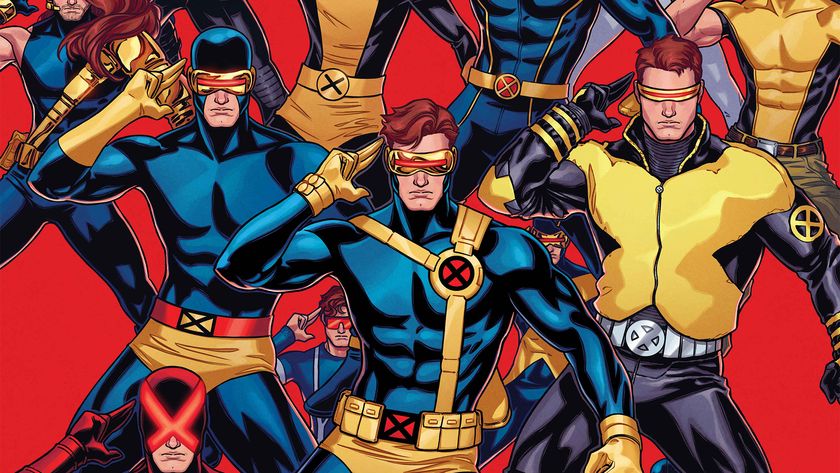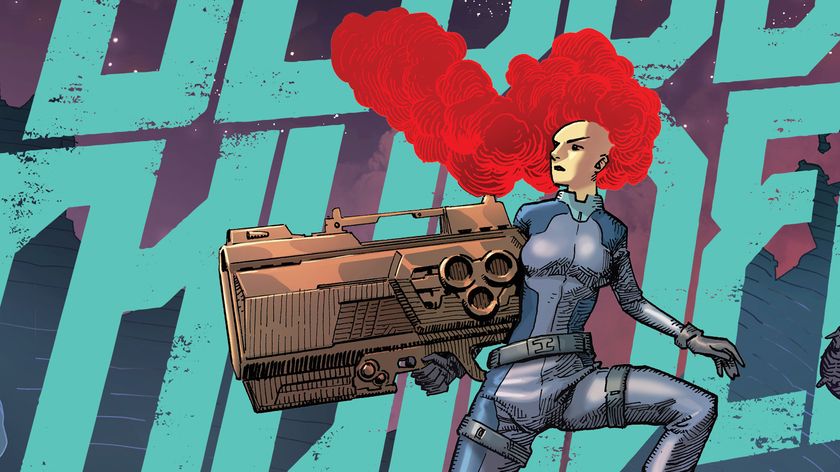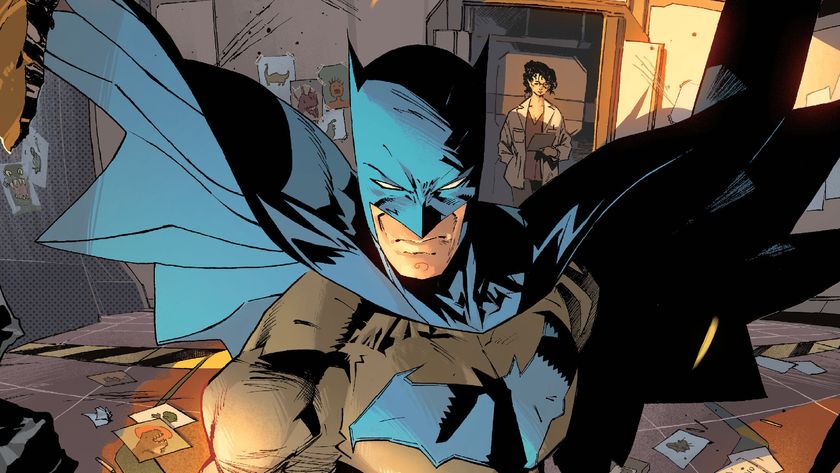Comic fan outrage? It's part of being human, scientists say
An anthropolist and psychology professor discuss comic book fan culture online
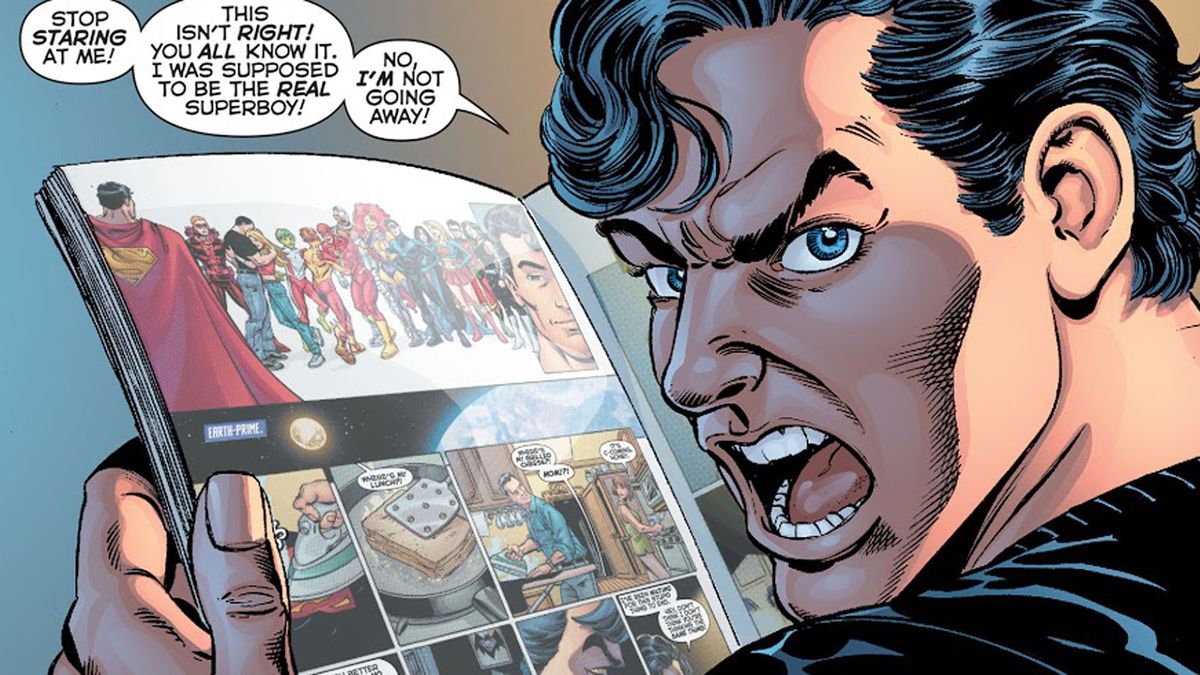
In the next few months, both Marvel and DC will be ushering in new people to take the mantle of their top two heroes - Spider-Man and Batman. One is a character from the '90s who has done this dance once before to divisive results, while the other is a bold new choice that is so bold it takes some who hold onto nostalgia to uncomfortable places.
So what gives with comic book fans? Are previous/classic versions of characters really that difficult for them to give up?
Yes, actually, they are, according to Travis Langley, a psychology professor at Henderson State University who studies and writes about popular culture. As Langley tells Newsarama, the process of becoming familiar with a certain character is like making a "mental map."
The mental map of the modern comic book fan
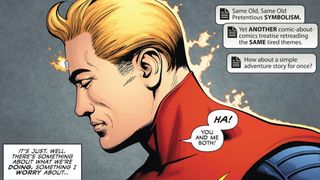
"In our heads, we have our own versions of these characters and stories, our mental maps of them," Langley says. "When writers and companies make changes that don't fit our mental maps, it can be jarring to us. We either have to alter our maps or reject the new information so we can keep our maps the same."
As Langley explains it, changes to major characters may be the publishers attempting to attract new fans (and bring back some lapsed fans), but the changes required long-time fans to rewrite their mental map of that character, which some of them reject.
And when those publishers acknowledge or even bring back the circumstances of the pre-existing "mental map," fans react positively.
The mental map in comic book fans may be even more related to continuity than it is in other fandoms. Louise Krasniewicz, a University of Pennsylvania anthropologist who studies fan culture, says the detailed knowledge of a character's history is something that differentiates comic fandom.
Comic deals, prizes and latest news
Get the best comic news, insights, opinions, analysis and more!
"It seems to me that comic book fans are often very focused on one series, storyline, or character," Krasniewicz says. "They are fascinating when they know the history of a character going back decades and through different iterations, but that, in some ways, is what turns a lot of people off to comic book fandom."
Yet Krasniewicz says the sense of ownership that comic fans feel toward their favorite characters is not unique to them. In fact, it's part of being human.
"This ownership or commitment to the universe that the fandom is built around is what humans do," Krasniewicz explains. "We create these kinds of ties to real or fictional worlds because that is how we make sense of the world. These commitments help us categorize and judge everything around us. It is amazing how much fictional universes can influence the everyday world."
Comic fan outrage online
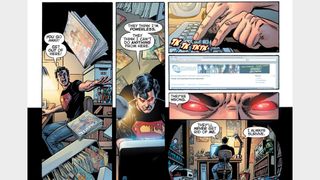
The anger that fans voice online when changes are made is also common in other fandoms, but both Krasniewicz and Langley say it isn't something they'd blame on fandom itself.
Krasniewicz says quick, short Twitter outrage often feels more like "mob mentality" than real, overall fan reaction.
"I am sure that a lot of it is done by interested individuals, but I fear that it is stoked or even invented by those interested in the publicity that any controversy brings," she says.
Langley says the Internet's combination of instant feedback and anonymity also plays a role.
"With the Internet, you can give and receive such quick feedback that you might not have any cooling downtime," says Langley. "Writing a long letter by hand takes time and lets you think at greater length. The Internet lets you throw it all out there before you've had time to reflect, and then you've publicly committed to impulses you might otherwise never have shared.
"That anonymity is a two-edged sword," he says. "It can give people the freedom to share good things they might otherwise not have, but the good stuff isn't what we tend to conceal. The negative things, those can be unleashed. One person's negative impulse gets out there, affects someone else, and they affect someone, and we can see a quick escalation of things that might have died out. Sometimes it's a good thing, though. Some things need a serious push for dialogue to happen and changes to occur."
The positive side of online comic fan communities
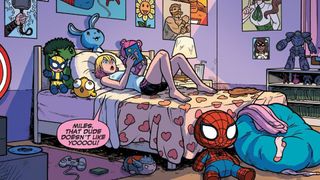
Yet both emphasized the Internet is positive for fan communities and the continuing discourse in popular culture.
"The sheer delight in finding someone who shares your particular or even peculiar interest in a comic book is the reward," Krasniewicz says. "Gone are the days of trying to find someone at your local shop or in school who understand the world you are immersed in."
"For all its problems, it gives people the chance to share ideas and discuss their passions even if nobody around them at home wants to get into those things," Langley says.
That passion may be frustrating for comic book publishers - particularly when it's fan outrage over changes made to a favorite character - but Krasniewicz said those types of passionate exchanges do serve a purpose.
"One of the basic concepts of anthropology is that you define your self and your group by defining who is not you: who is different, who disagrees, who insults you or embarrasses you," she says. "Conflict is one of the best ways to draw boundaries — and if this is the goal of these outrages, then I bet they are being successful at that."
Change is difficult on that ol' mental map, but there are some changes that comics fans have accepted - such as these comic book character deaths that still matter.
Vaneta has been a freelance writer for Newsarama for over 17 years, covering Marvel and DC, and everything in between. She also works in marketing.
Most Popular






